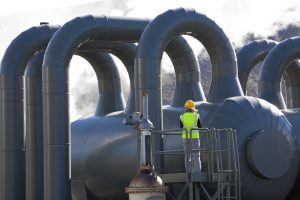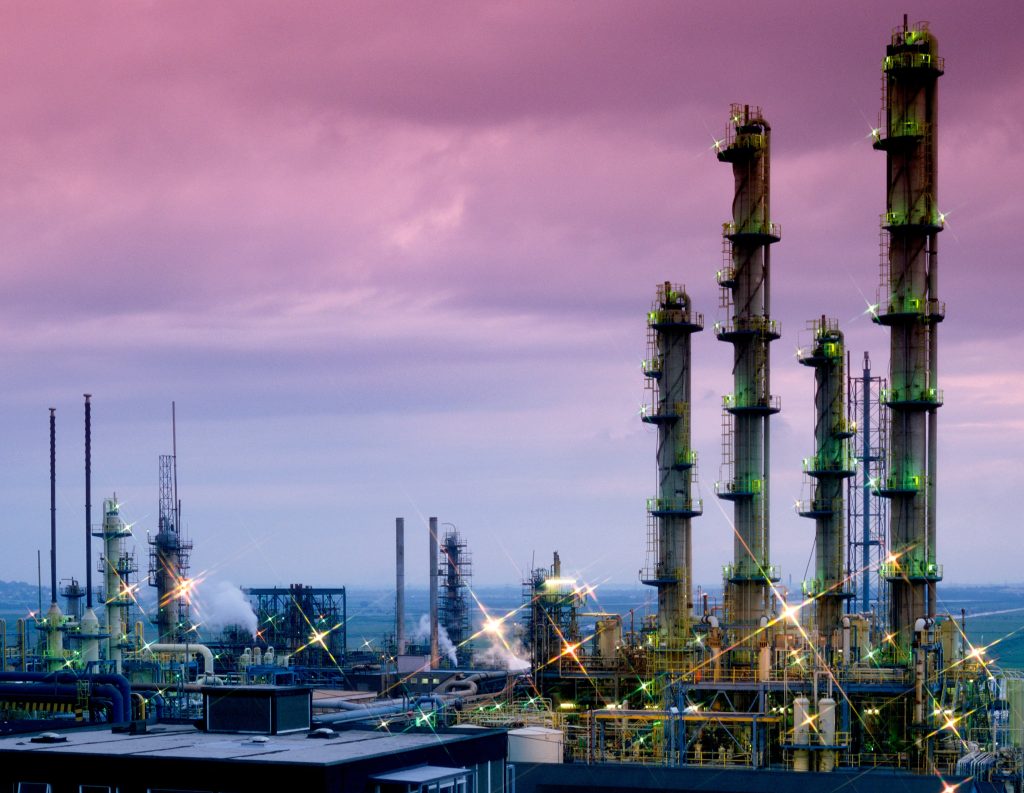Climate regulations are increasingly shaping how oil and gas companies operate. They push the industry toward more sustainable and environmentally conscious practices. As these regulations tighten, there is a growing demand for tech professionals. They can develop and implement the tools and solutions needed to ensure compliance, track emissions, and optimize energy efficiency. The need for skilled individuals bridging the gap between technology and sustainability efforts is now more crucial than ever in the oil and gas sector.
The Growing Role of Technology in Meeting Climate Regulations
As climate regulations continue to tighten, the oil and gas sector faces increasing pressure. It needs to reduce its environmental impact and comply with sustainability mandates. Key regulations, such as carbon emission limits, carbon pricing, and stricter reporting requirements, are pushing companies to adopt innovative technologies that help them meet these goals. Technologies like AI-driven monitoring systems, emissions tracking software, and real-time data analytics play a critical role in ensuring compliance, optimizing energy usage, and minimizing waste.
These tools help companies adhere to environmental regulations. They also enable them to identify efficiencies, reduce carbon footprints, and implement more sustainable practices. This ultimately drives the industry’s transition toward greener operations.
The Impact on Tech Hiring: New Roles and Skills Demand
The oil and gas industry adapts to stricter climate regulations. There is a growing demand for tech professionals with specialized skills to drive sustainability efforts. New roles are emerging and are vital in developing innovative solutions. These roles include sustainability engineers, data scientists, and environmental software developers.
This shift is also creating a greater need for hybrid skill sets. There professionals combine deep knowledge of environmental issues with expertise in cutting-edge technologies like AI, machine learning, and data analytics. These hybrid roles are essential for developing the tools and systems that help oil and gas companies comply with regulations and push the industry toward a more sustainable and environmentally responsible future.

Tech Talent Needs for Compliance and Innovation
The growing pressure to meet stringent climate regulations has driven a surge in demand for tech talent skilled in AI, machine learning, and data analytics to monitor and optimize emissions. These professionals are essential for developing innovative tools. These tools provide real-time insights into energy consumption and emissions data, enabling companies to identify inefficiencies and make data-driven decisions. Software developers and engineers are at the forefront of creating advanced systems for carbon tracking, energy efficiency optimization, and automated regulatory reporting, which not only streamline compliance but also contribute to the industry’s broader sustainability goals. Their work is helping to transform how oil and gas companies approach environmental responsibility and innovation in the face of regulatory pressure.
Challenges in Attracting and Retaining Tech Talent for Climate Initiatives
The competition for skilled tech professionals is intensifying. Industries are focusing on climate solutions, such as renewable energy and technology startups, vie for the same talent pool that oil and gas companies require for their climate initiatives. With the growing emphasis on sustainability and innovation, oil and gas firms face challenges in attracting and retaining tech talent with the necessary AI, machine learning, and data analytics skills to drive climate solutions.
In response, many companies are adjusting their hiring strategies. They offer more flexible work options, investing in upskilling and reskilling programs, and emphasizing their commitment to sustainability in their company culture. Oil and gas firms aim to stand out in a competitive job market. They also want to secure the talent needed to meet climate regulations and drive long-term environmental goals by focusing on these factors.
To build a future-ready workforce, oil and gas companies must prioritize upskilling and reskilling their tech teams. This will address climate-related challenges and regulatory demands. Partnering with universities, tech startups, and industry bodies can help companies stay ahead of evolving regulations. It can also ensure their workforce is equipped with the necessary skills and knowledge. In conclusion, as the industry continues to embrace sustainability, innovation, and collaboration will be essential to meeting both business and environmental goals, driving the future of tech hiring in a climate-conscious world.
Read More About:
Streamlining the Interview Process: How to Reduce Time-to-Hire Without Sacrificing Quality
The Future of Work: Trends in Company Hiring Practices
